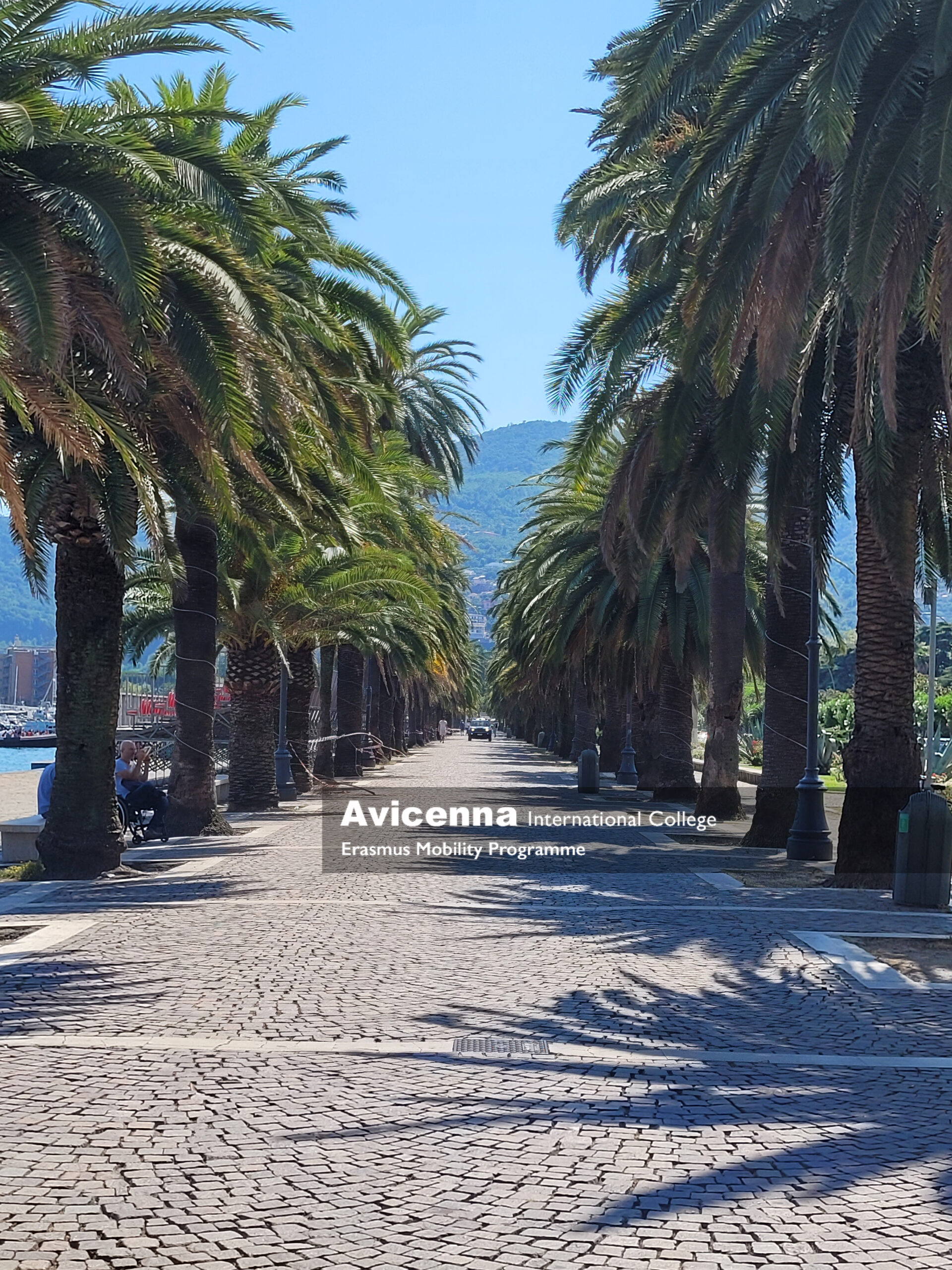Environmental Education: Learning and Acting for a Better Future – Florence (Italy)
15 – 20 July 2024
Environmental courses are becoming ever more popular compared to a few years ago when they were just not to be found. It obviously brings its own hype into context meaning that almost every course provider started offering these courses with a very diverse quality. I chose this Erasmus course because I had a positive previous experience with the Florence based Europass Teacher Academy offering similar training options.

I have to stress that the lessons were very well structured ( which is not always the case) and our trainer the Czech Tamara was very well prepared, she literally taught us what she has been dealing with as an environmental enthusiast. She did a profound research work into her material rendering her as a trainer authentic, with many meaningful illustrations and media materials, scientific data.

We had 9 participants from Spain, Portugal, Slovakia, Czechia, Ireland and Hungary, making it an exciting international ensemble for the exchange of experience and good practices into how these countries or regional entities deal with sustainability as an educational material.

We received a lot of food for thought and also exercise materials to give to our students to make them discover underlying causes of climate change, human behaviour contributing to its worsening and how they can act to slow it down. There was a panel discussion where I stated that these changes are here to stay, we cannot turn them back only slow them down and our focus as educators should be on coming clear about it and teach students to adapt to it instead of working out panic scenarios and spreading climate anxiety and creating disruptive climate activists acting in sheer desperation. I had to observe that this line did not go down well with the mainstream thinking pattern but found a good echo with our participating Colleagues.

We were talking about the evergreen topic of Pollution, Plastic and Fast Fashion and analysed the fashion industry and its practices, water wasting and its bad environmental impact with examples that we can use in lessons to raise awareness.

Next up were the biodiversity and habitat destruction workshops to name the problems and offer solutions, everyone in their own subject field at school. We then touched on Sustainable Transport and Climate Justice where we heard rather utopist and unrealistic lines of reasoning (don’t use aeroplanes, aerate your clothes rather than washing them) that was not supported by evidence let alone by ratio.
One practical part that took one whole afternoon was absolutely fantastic. We went to a private vegetable garden that was created for public use where school kids looked after the vegetable and herbal pots. The whole garden was incredibly well organised and well structured, self-sustainable and they used recycled materials and collected rain water, made compost for the plants and all this, imagine, in the middle of such a buzzing and hot city such as Florence ( over 40 degrees in the summer in July-August).
The city of Florence itself is worth talking about as it features renaissance art in every corner, its beautiful public and private gardens, bridges and museums, the main squares ( piazza del Duomo, piazza della Signoria) and fascinating shopping streets in the centre. Its river Arno is a refreshing sight in the scorching summer heat especially that it also has two flow-breakers in its path inside town.
Surely Tuscany is not cheap and visited by too many tourists but it is definitely a must see for its natural and cultural wealth and for its significance in European culture and architecture.
This mobility was made possible and funded by Erasmus support of our 1st year of Erasmus accreditation ( 2022-2027).
Written by: Steve Szabó
22 July 2024

